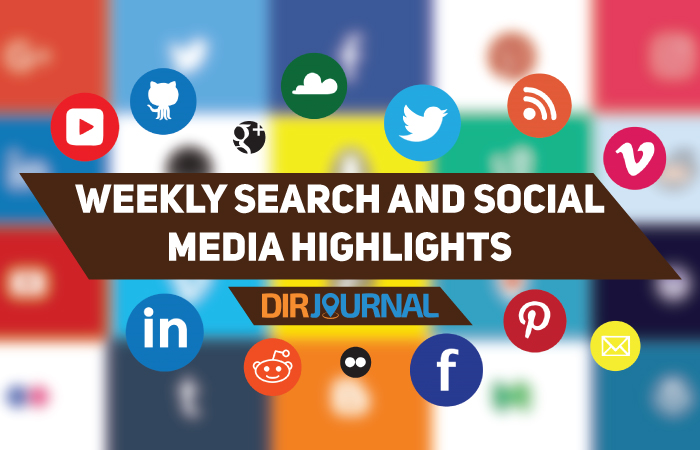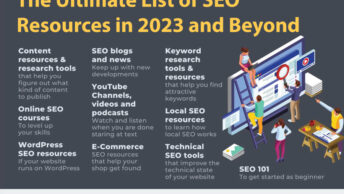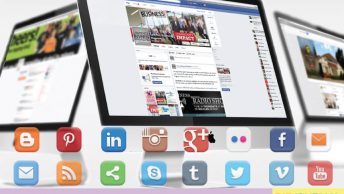Here’s some of what happened in the search engine and social media industries from 7th to 13th March 2020.
1. Facebook testing new ‘Horizon’ app
Facebook has begun inviting users to participate in the alpha test phase of its social VR app Horizon, where users can design their own cartoon avatars and interact with others. At present, Horizon is only accessible for Oculus headset users and requires a Facebook account.
If Horizon expands, ad and revenue opportunities will follow enabling new virtual ad formats and brand integrations.
[source]2. Undetected phishing redirects through YouTube
Researcher Ashley Trans of Confense discovered the threats of phishing links which are undetected on platforms such as YouTube. In an actual incident, an unsuspecting user received a purported email from SharePoint intimating of a new upload.
It was found that YouTube links were used to redirect toward a sophisticated phishing page hosted on a legitimate Google website (googleapis.com).
[source]3. Snapchat launches ‘Lens Web Builder’
While Augmented Reality (AR) hasn’t really taken off for average users, Snapchat has introduced ‘lenses’ to add digital effects/objects to real-world scenes. Snapchat recently released the Lens Web Builder to simplify the process of building AR effects.
Instead of requiring a standalone AR app or high design expertise, Snapchat has created a basic tool for common web browsers through which users can create new lens in minutes without prior experience.
[source]4. Twitter rewrites Developer Policy
Twitter recently updated its Developer Policy to clarify rules around data use including in academia and its position on bots. One of the more prominent updates is the added support for non-commercial research.
The revised policy allows use of Twitter API for academic research, as also redistribution of data. Researchers will now be able to share an unlimited number of Tweet IDs/User IDs if they belong to an academic institution.
[source]5. Spotify becomes a podcasting powerhouse
Through its acquisition of Gimlet Media, Anchor, Parcast and The Ringer, Spotify is turning its data analytics capabilities toward podcasting.
It’s introducing microcasts and recently launched a tool to insert ads based on a listener’s gender, age and device type.
[source]






